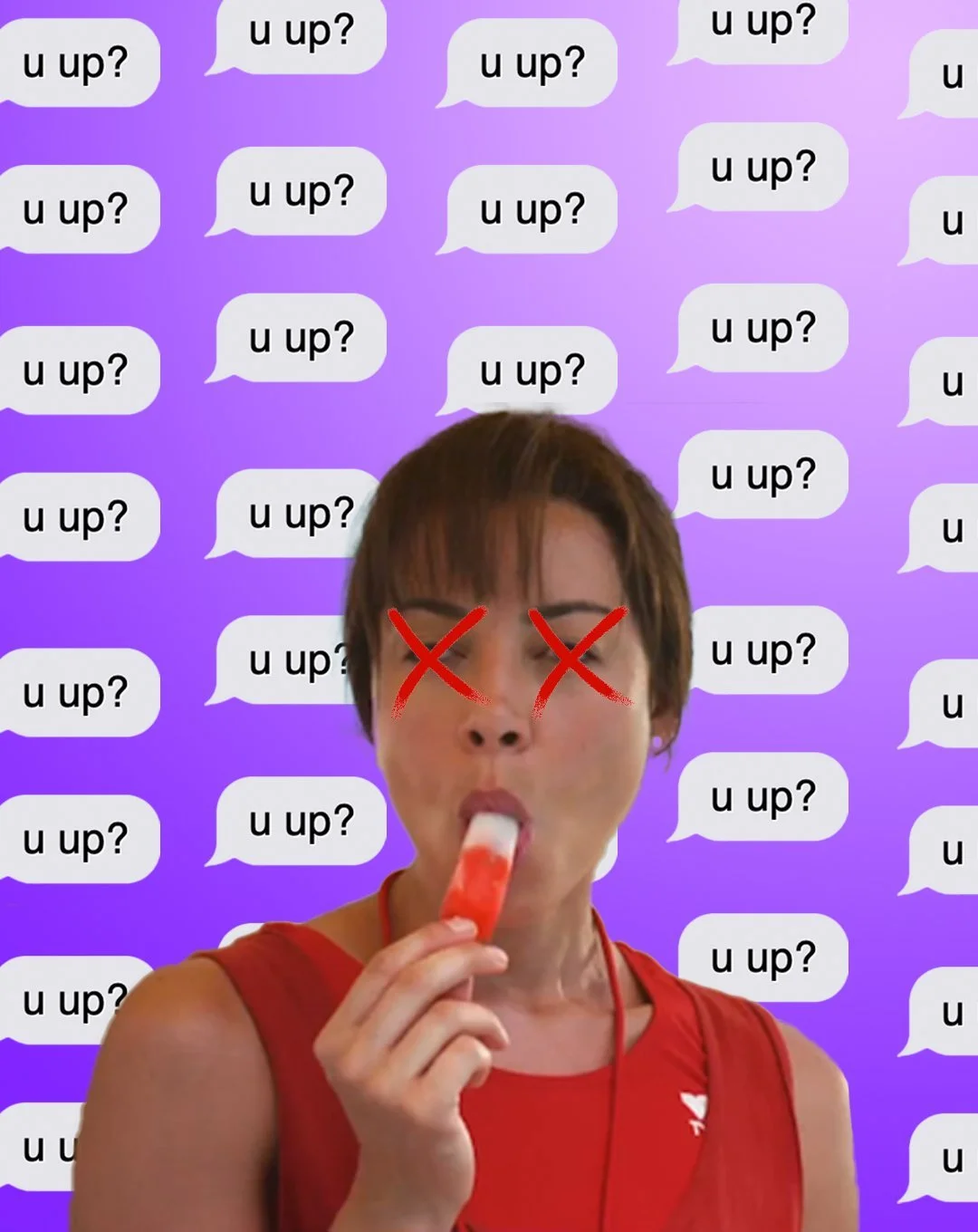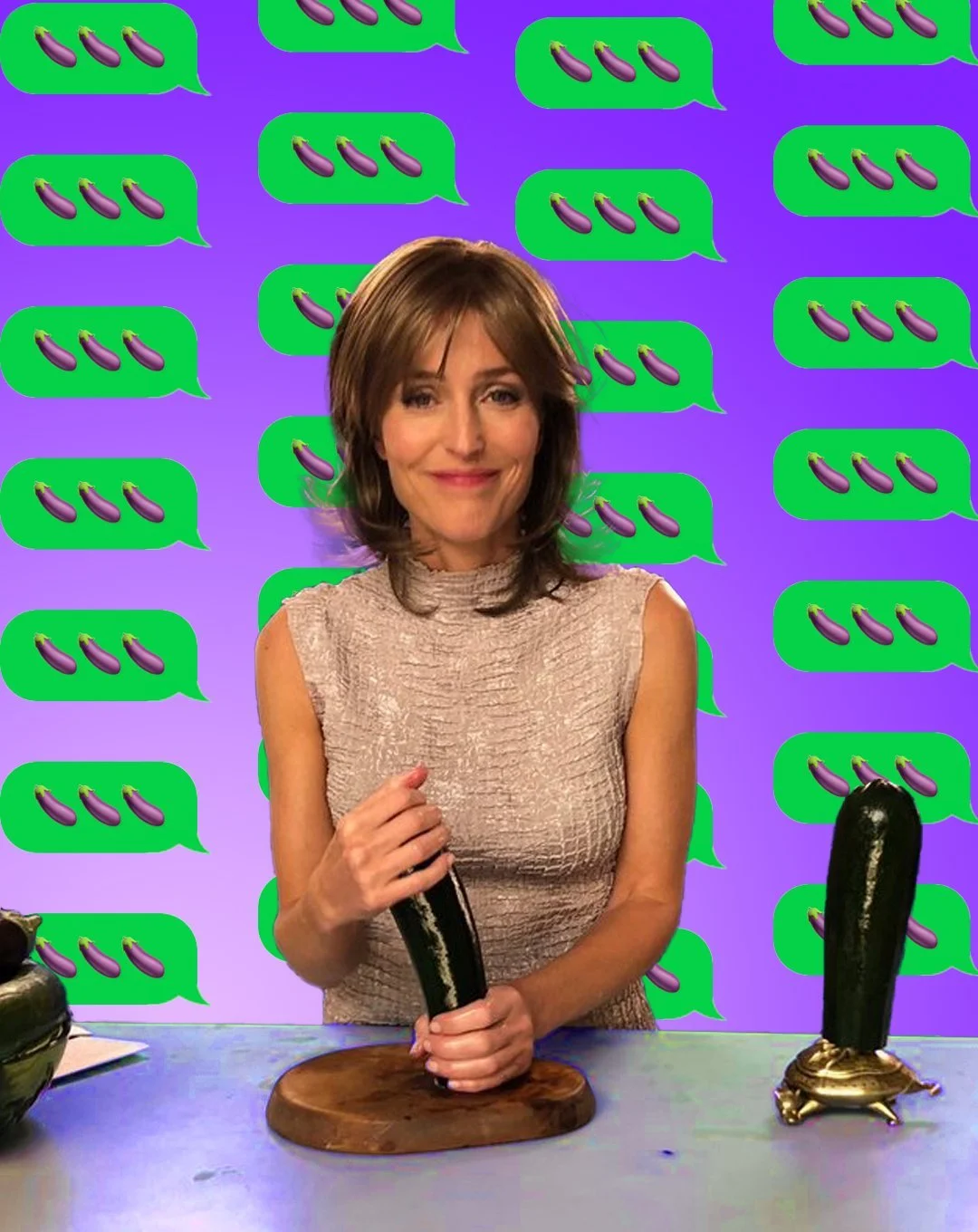An Asexual Exploration
I knew of the existence of asexuality for quite some time, mostly by virtue of spending my teenage years on Tumblr, but it took me quite some years to feel like the label was a fit for me - and I still struggle with it nowadays. To put it simply, I never wanted to be asexual.
Like some other labels for gender or sexual orientation, there is a lot of varying definitions of asexuality. From the most simple one, which is an absence of sexual attraction and desire to engage in sexual acts, to more complex notions such gray-sexuality or demisexuality. Overall, people who identify as asexual have a low or non-existant sex drive. Some of them are fully repulsed by the simple notion of sex, while others do not mind it but are not interested in having any. Some asexual people will never ever have sex, others are okay with having sex with people to form or strenghten relationships while not experiencing desire. Overall, the definition and manifestation of asexuality vary from one person to another, depending on how they conceptualise their sexual orientation and how they live their lives.
I have had an understanding of this for years and while I didn’t personally know anyone who identified as asexual, I had read posts on Tumblr or seen YouTube videos about it. At the time, I didn’t think much of it. Like ‘okay, this is another sexual identity to know about’ and that was it. But as time passed and I got older, a nagging thought kept coming back to me. Could I be asexual?
It is a loaded question. When you grow up in a culture that places so much emphasis on sex - torn between telling you how important it is to be sexually active but also remain a virgin - you end up thinking it is an essential component of life. In films, TV, books, sex is overywhere. It’s almost a given that you will have your first sexual experience in your late teens, as is statically the case for most cis women like me. And how many times have you heard that regular sex with your partner is considered good relationship maintenance?
I didn’t want to be seen as ‘frigid’ or simply uncool because I wasn’t sleeping with anyone. I wanted to experience the most of life, to have the wild youth that teen media had promised me: sex, a bit of drugs, a lot of alcohol and plenty of parties. It seemed fun. And, on top of all of that, I wanted to be in a relationship. Having sex seemed like an integral part of all these experiences I craved.
And yet. I could never bring myself to want it. I would go to parties, drink too much, make out with people, but the moment they started touching me with intent, I would lose interest or feel uncomfortable.
I tried dating. I went on a lot of dates, even. Met tons of amazing people, fell in love twice, started some slow burn relationships. But even with someone I had such deep feelings for, the desire wasn’t there. I was down to cuddle or kiss, but sex felt so unnatural to me. I was just going through the motions - detached from my body - and found the actions pretty boring. I felt terrible afterwards, despite having considerate partners that had taken time to guide me.
At first, I had speculated that I was simply not into men - I had always identified as bisexual, so I figured maybe I had gotten it wrong and was only attracted to women. Yet, no matter who I had a crush on, the sexual desire was never there.
“I didn’t want to be seen as ‘frigid’ or simply uncool because I wasn’t sleeping with anyone.”
I wanted sex to work for me so much because it felt essential to keeping my relationships alive. I felt like something was deeply wrong with me, like I wasn’t wired properly. Why did I hate sex so much? I broke up with people I loved because I felt like I couldn’t be what they wanted in a partner. Everyone wants sex, right? I was so open-minded about many things, and yet I couldn’t wrap my head around the idea of a sexless couple. What was the point of dating a girl who didn’t want to sleep with you?
It was around that time, when I was 22 or 23, that I started thinking of myself as ‘likely asexual’. It made sense, but at the same time it was scary. I was still hoping for an invisible switch to flip, something that would make me feel these things that seemed to come so naturally to other people.
I told a close friend about it. It was the first time that I had said it out loud to anyone. “Hey, I think I might be asexual, actually.”
Her reply was to tell me I ‘just hadn’t found the right person yet’ and ‘I was making too much of a big deal out of sex’. I know my friend never meant to hurt me, but it closed that door in my mind for a few more years. I kept thinking that she probably had a point, that I wasn’t really ace. I didn’t want to be, after all.
I started allowing myself to think about it again during the COVID-19 lockdown.
I hadn’t dated in years, too burnt out from my past experiences, too scared of the judgment. I started properly reading about asexuality and spent hours on the ace subreddit talking to other questioning asexuals. And, maybe the most important part, I started seeing a sex therapist.
After a long exploration of my past and my feelings related to sex, my therapist ended up telling me “I think you want me to cure something that you can’t change”.
It was what I had always dreaded I would hear: I could never magically become someone who was into sex. There was no past trauma to unlock, nothing to ‘treat’. This was just my sexuality.
I’m not going to pretend I have now fully embraced my asexuality. I still feel ashamed to talk about it to most people, although I have been more open about it to friends. I haven’t started dating again, because that’s a whole other can of worms. These days, I’m mainly scouring the Internet looking for testimonies on ace dating, and how to navigate a relationship where you do not desire your partner sexually.
In a way, even with how scared I was of it, I wish I had known earlier. It would have spared me heartbreaks and some difficult situations. But instead here I am, at 26, finally learning how to be fully myself.
Words: Marie


